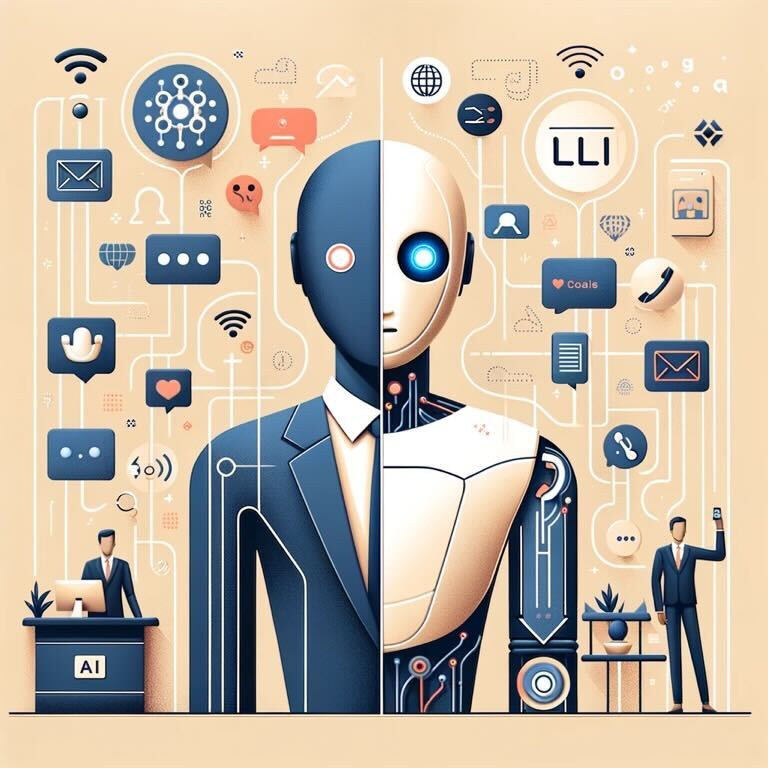Why Are Foundational Models Insufficient to Create Digital Employees?

For businesses seeking to create a digital employee capable of undertaking tangible tasks, it's clear that standalone systems, like ChatGPT or other large language models (LLMs), fall short.
Let’s say you’re a small family hotel owner aiming to establish a digital concierge. This digital employee needs to handle various tasks:
- Phone call management
- Providing information on availability and pricing
- Making reservations
- Managing emails and messages
- Interacting on social media platforms
- Welcoming guests in person at reception
LLMs lack the necessary integrations with your specific reservation system, telephone, email, and social platforms. They also require tailored corporate directives to interact and serve guests correctly – guidelines you would typically provide to new human hires.
The Newo.ai platform bridges these gaps. It empowers you to create a digital employee without any coding, capable of engaging with customers and staff and executing complex tasks.
Newo.ai's Digital Employees transcend the capabilities of traditional bots. They are agents to whom you assign objectives and rules of operation, akin to human workers. These agents then autonomously perform tasks, navigating the workflow with built-in advanced functions like long-term memory, logical reasoning, external system access, conflict escalation, and task prioritization.
This not only elevates customer service but also boosts revenue and significantly enhances the work-life balance of your human employees.
Updated 11 months ago
